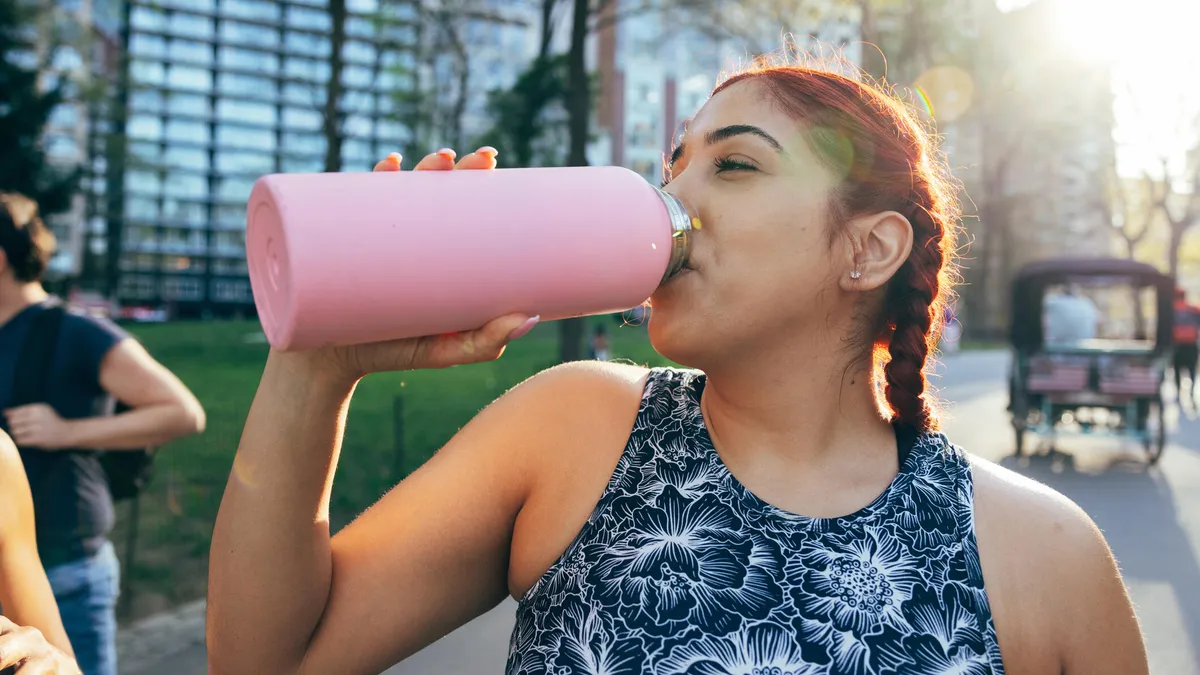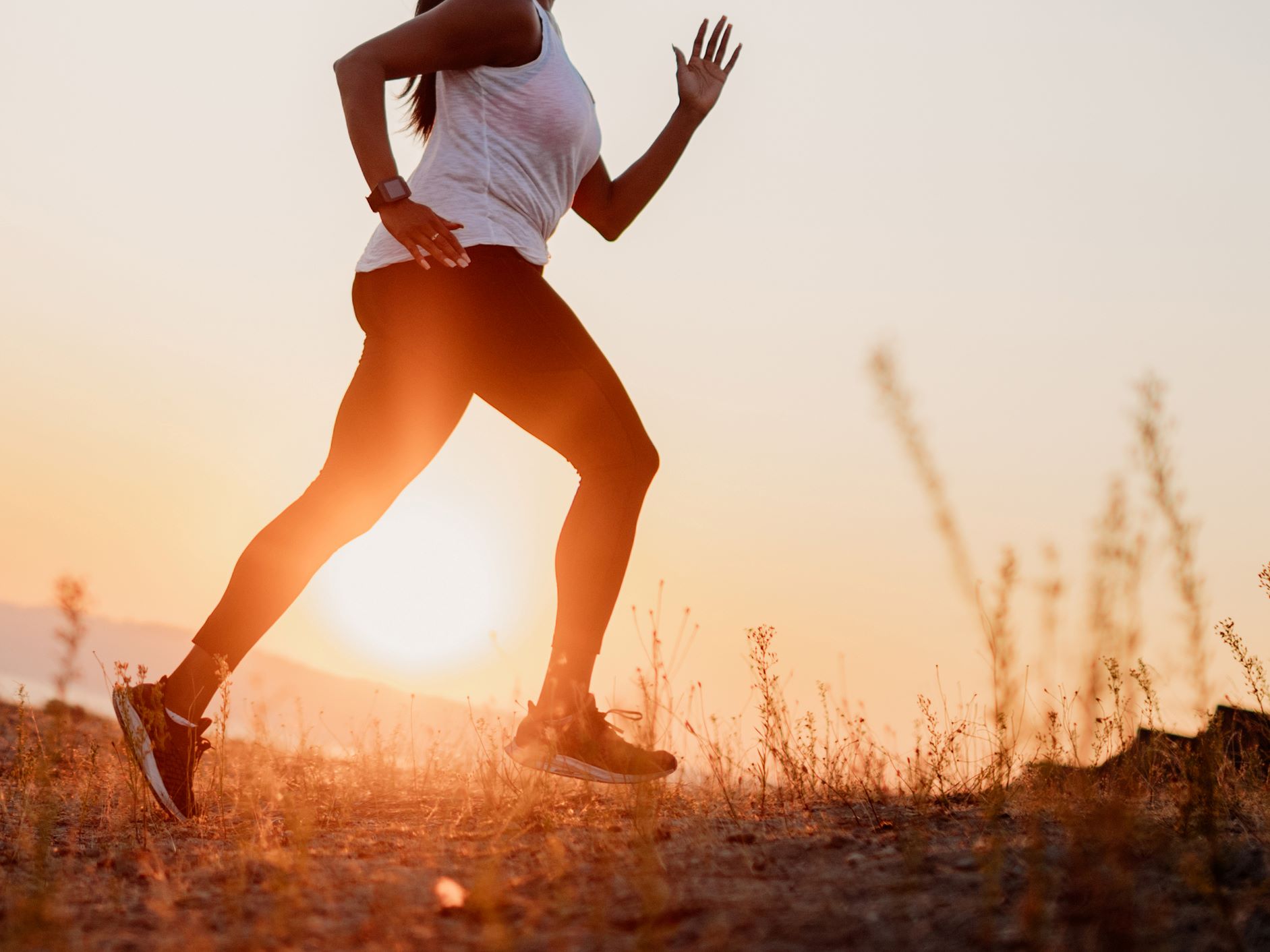In sweltering summer temperatures, staying hydrated is crucial for maintaining your health. Experts say there are specific signs to watch for to determine if you’re not drinking enough water.
“Your body needs to be properly hydrated to function at its best,” explains Dr. Phillip Davis, a medical advisory board physician for ShineWater and former FDA physician.
“By avoiding dehydration and staying properly hydrated, you can best regulate your body temperature, prevent infections, deliver nutrients to cells, and even improve sleep quality.”
But how do you know if you’re dehydrated?
First, it’s important to understand the difference between dehydration and thirst.
“Being thirsty is a sensation your body creates to signal that it’s time to drink water, but that shouldn’t be confused with actually being dehydrated.
Dehydration is much more severe and has some classic signs and symptoms,” Dr. Alexa Mieses Malchuk, a family physician with the membership-based primary care practice One Medical, explains.
How much water should you drink a day? Hydration questions, answered by experts
According to Dr. Malchuk, signs of dehydration may include dry mouth and dry or cracked lips, but it doesn’t stop there.
While people often use the terms “thirsty” and “dehydrated” interchangeably, dehydration is a condition that can have serious consequences.
“If we don’t drink adequate fluids or if we lose too much water from our body, then the clinical condition of dehydration can occur,” Davis says.

“There are numerous causes of dehydration, including insufficient water intake, excessive sweating and high activity during warm weather, too much salt, gastrointestinal viruses, and conditions like diabetes.”
Early signs that you need to increase your water intake include:
- Decreased or darker-colored urine output
- Headaches
- Dizziness
- Fatigue
“If you begin feeling any of these symptoms, especially while outdoors in the summer heat, it’s important to rehydrate your body,” Davis advises.
There are varying degrees of dehydration, Davis explains. When it becomes more severe, it can lead to dangerous situations marked by:
- Abnormal breathing
- High pulse rate
- Lethargy
- Low blood pressure
“Anyone experiencing these concerning symptoms should seek immediate medical attention,” he says.
According to the Centers for Disease Control and Prevention (CDC), dehydration is a primary contributor to heat exhaustion, a dangerous heat-related illness that can lead to life-threatening heat stroke.
The CDC recommends drinking water before you feel thirsty.
“By the time you feel thirsty, you are already behind in fluid replacement,” the CDC notes on its website.
If you’re working in the heat, the agency suggests drinking 8 ounces of water every 15-20 minutes, which totals about a quart per hour.
